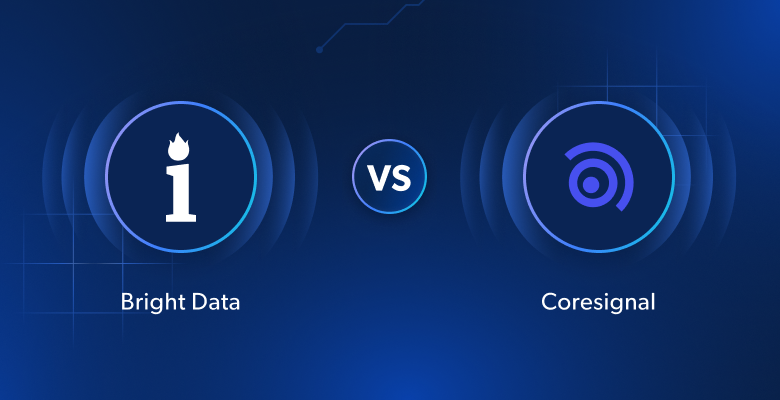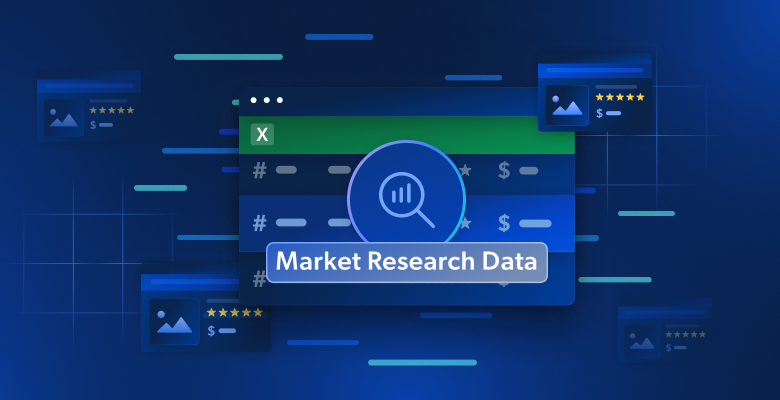When accessing many sites, a small pop-up appears asking ‘Do you accept the site’s cookies?”
Sites take into account your IP, user-agent (Video Link), previously accepted cookies, and other personal data upon entering their domain. This data is used to determine what language to display information in, what size to show images, and how to make your experience on their website more personalized.
What are HTTP Cookies and Web Storage?
An HTTP cookie is a form of web storage in your browser. Their purpose is to store data received from the server in one request and send it back to the server in subsequent requests. Cookies are convenient when you are shopping online and want the site to recall what is in your cart.
Web storage is a mechanism for JavaScript to store data within the browser. Like cookies, web storage is separate for each origin. Web storage is entirely invisible to the server, and it offers much higher storage capacity than cookies.
There are two types of web storage:
Local storage: visible across all tabs of all windows and continues even after the browser is closed.
Session storage: only visible within the tab where it was created, and it disappears when that tab is closed.
Different Types of Local Web storage:
IndexedDB: used for storing large amounts of data in the browser and can store structured data that’s unrelated to any data on the server.
Evercookies: utilizes multiple storage areas. These storage areas are less transparent to the user, more challenging to clear and make it easier to see the devices unique user ID.
Zombie cookies: are HTTP cookies that recreate after deletion. These cookies can collect browser history, and are commonly respawning.
When taking part in web scraping operations, understanding how cookies and web storage work can help you to overcome many conventional blocking techniques. By using the right combination of cookies, you can imitate an utterly different user on every request you make.
The one thing that cannot be coded is your IP address. By using the right proxy network, you can easily overcome conventional IP blocking techniques. To learn more about mastering blocking techniques, contact your Bright Data Sales Representative today!



